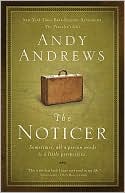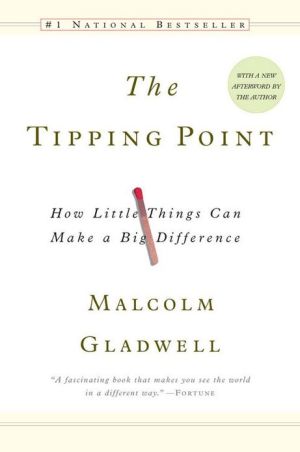Human Nature after Darwin: A Philosophical Introducton
Human Nature After Darwin is an original investigation of the implications of Darwinism for our understanding of ourselves and our situation. It casts new light on current Darwinian controversies, also providing an introduction to philosophical reasoning and a range of philosophical problems.\ Janet Radcliffe Richards claims that many current battles about Darwinism are based on mistaken assumptions about the implications of the rival views. Her analysis of these implications provides a...
Search in google:
Human Nature After Darwin is an original investigation of the implications of Darwinism for our understanding of ourselves and our situation. It casts new light on current Darwinian controversies, also providing an introduction to philosophical reasoning and a range of philosophical problems.Janet Radcliffe Richards claims that many current battles about Darwinism are based on mistaken assumptions about the implications of the rival views. Her analysis of these implications provides a much-needed guide to the fundamentals of Darwinism and the so-called Darwin wars, as well as providing a set of philosophical techniques relevant to wide areas of moral and political debate.The lucid presentation makes the book an ideal introduction to both philosophy and Darwinism as well as a substantive contribution to topics of intense current controversy. It will be of interest to students of philosophy, science and the social sciences, and critical thinking.
AcknowledgementsixIntroduction1Chapter 1The theory4The first scientific revolution4The Darwinian revolution11Natural selection11Cranes and skyhooks15Scope and potential20Chapter 2The sceptics25But is it true?25Scientific confidence26The perpetual threat of overthrow29Radical sceptics and rational bets32Shifting goalposts39The Omphalos case39Slips of level and sleights of hand47Chapter 3Internecine strife51A spectrum of Darwinism51The battle lines56Mind First and Matter First56Blank paper and gene machines62The evolutionary psychology of sex67Persisting controversy82Chapter 4Implications and conditionals87Where to go from here87The assessment of conditionals91Chapter 5Biology as destiny100Introduction100Robots and puppets101Setting out the argument105Assessing the argument108First step: 'women' to 'woman'108Second step: dispositions to actions114Third step: unchangeability115Tu quoque117Chapter 6Blameless puppets126Philandering gene machines126Real responsibility131The challenge from dualism134The problem of determinism135The problem of indeterminism136The root of the free will problem: kinds of non-existence141More shifts of level and sleights of hand147Equivocation and punishment148Chapter 7Selfish genes and moral animals154Introduction154Evolution and altruism155Unselfish gene machines?157Kin-directed altruism162Reciprocal altruism163True altruism?168Reciprocal selfishness167Ulterior genetic motives170Egoism and tautology175More shifts of level: reductive explanations177Chapter 8The end of ethics184Particular moralities and morality in general185God as necessary for objectivity188Evolution as sufficient for non-objectivity192Relativism: a detour195Relativism and shifts of level200Secular moral enquiry203Chapter 9Onwards and upwards212Introduction212Ignorance and rationality213Kitcher's Wager217Natural premises and political conclusions221Sex and the natural order223The argument229The assessment234A wider view237Fundamental and derived values239Ethics and the natural order242Nature as harmonious245Evolution as progress247Hopes and disappointments252Overview257Chapter 10The real differences259The implications of materialism260The unchanged elements264Conclusion268Notes271Answers to exercises273Revision questions288Answers to revision questions299Suggestions for further reading304Bibliography307Index309








